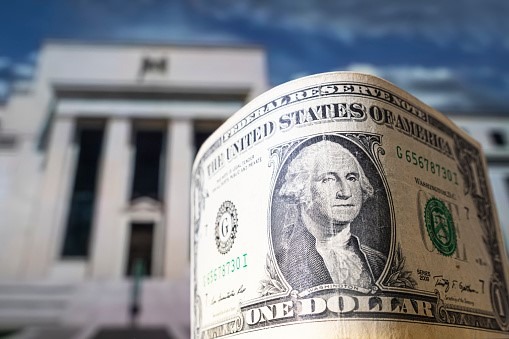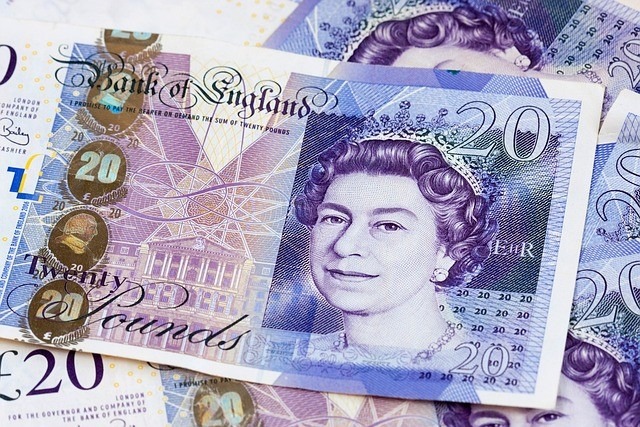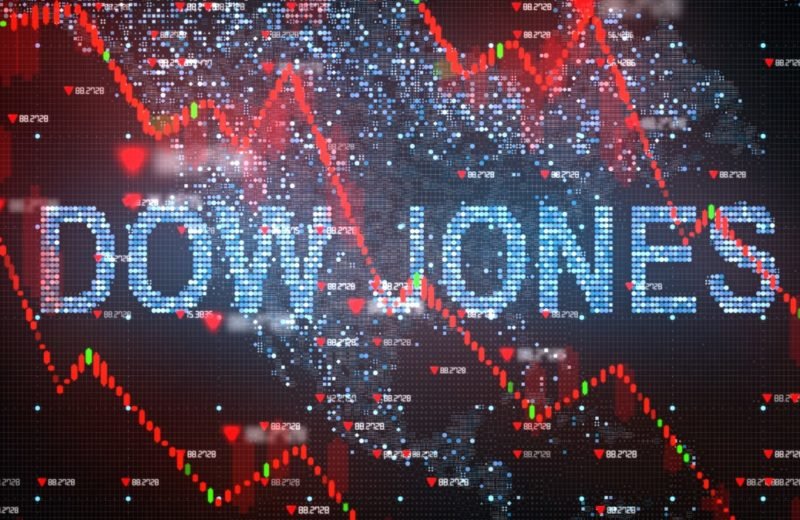After the US Federal Reserve’s (Fed) latest decision to raise interest rates by 0.25 points, the stock market seemed to dismiss the possibility that Fed Chairman Jerome Powell could have another rate hike up his sleeve. In addition, further declines in crude oil prices indicated growing concerns about a US recession.
Texas WTI crude oil sank as low as $68.5 a barrel, reflecting concerns about weakening economic growth in major economies.
Lindsay Rosner, portfolio manager at PGIM Fixed Income, told Bloomberg that their view was that there would be a technical recession but that it was unknown when exactly that would happen. If Powell just stated that there would be modest growth and not a recession, this suggests that the Fed will have to change its course if it “sees” a recession, warns Rosner.
However, Powell hinted that an increase in interest rates above five percent could be the last in the current cycle.
Lending Has Slowed Down
While the Fed chief said there was strong support for raising rates by 25 basis points this week, he suggested that officials may pause their interest rate hike campaign in June with this economic environment. Powell also acknowledged that the pace of bank lending has slowed. And US economic data, while pointing to a slowing labor market, still does not signal that a recession is at hand. But news changes quickly. Traders tend to predict rather than wait to see how things will play out, and so do stock traders.
The stock market rose on the new interest rate announcement. Investors stepped up bets that Fed rates will be cut by the end of this year, despite Powell’s insistence that the central bank’s inflation outlook does not support easier policy.
Vassili Serebriakov, FXS and macro strategist at UBS Securities in New York said the market would be looking for signs that the current tightening of credit is beginning to affect labor market activity and data. With the Fed hinting at a pause, any possible weakness in the data would reinforce the view that the tightening cycle is over.















